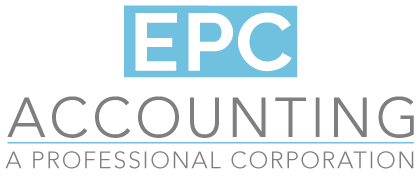Even with the best of intentions, it’s possible to end up not filing certain things with CRA, or not filing them on time. Normally, these sorts of issues can come with serious penalties.
What is Voluntary Disclosure?
Under certain circumstances, you are allowed to file information that would normally give rise to penalties with the Canada Revenue Agency and avoid the penalties that would normally apply. This can be used in situations where a return has never been filed before, or it was filed in error in the past.
A voluntary disclosure must, as the name indicates, be voluntary. Therefore if the CRA has already come asking for information, you cannot make the disclosure at that time. The disclosure you are making must be for information which is at least one year late, so this program cannot be used if you missed the filing deadline for something by only a small amount.
To be accepted, the voluntary disclosure must be complete. If you haven’t filed taxes for example for the last ten years, you have to file all ten years under the disclosure and can’t simply file the last couple.
This program can also be used if you were supposed to have filed something and didn’t (such as registering for HST, or disclosing foreign property ownership).
After making the Disclosure
Once you’ve made a voluntary disclosure, CRA will assign an agent to the file, and review it to ensure it can be accepted under the program. The tax that should have been paid, and any interest owing, will still be due. If the disclosure is accepted, the penalties that would have been assessed will be waived.
Once a disclosure has been made, you are expected to remain compliant with those filings. A taxpayer isn’t allowed to use the voluntary disclosure a second time on the same matter that’s been disclosed before.
Concluding Thoughts
Penalties are often the most expensive part of failing to file something, usually amounting to far more than the interest. The voluntary disclosure provides a practical way to avoid costly penalties. They must be made as soon as possible, as if CRA contacts you about a matter, it’s too late to come forward under the program.
Ian Edmonds is a CPA, CA and CPA (NC) working in Toronto with individuals, small and medium sized businesses, and not-for-profit organizations in Canada and the US to provide personalized, approachable tax and accounting advice and services and help people get caught up, and stay up to date.

